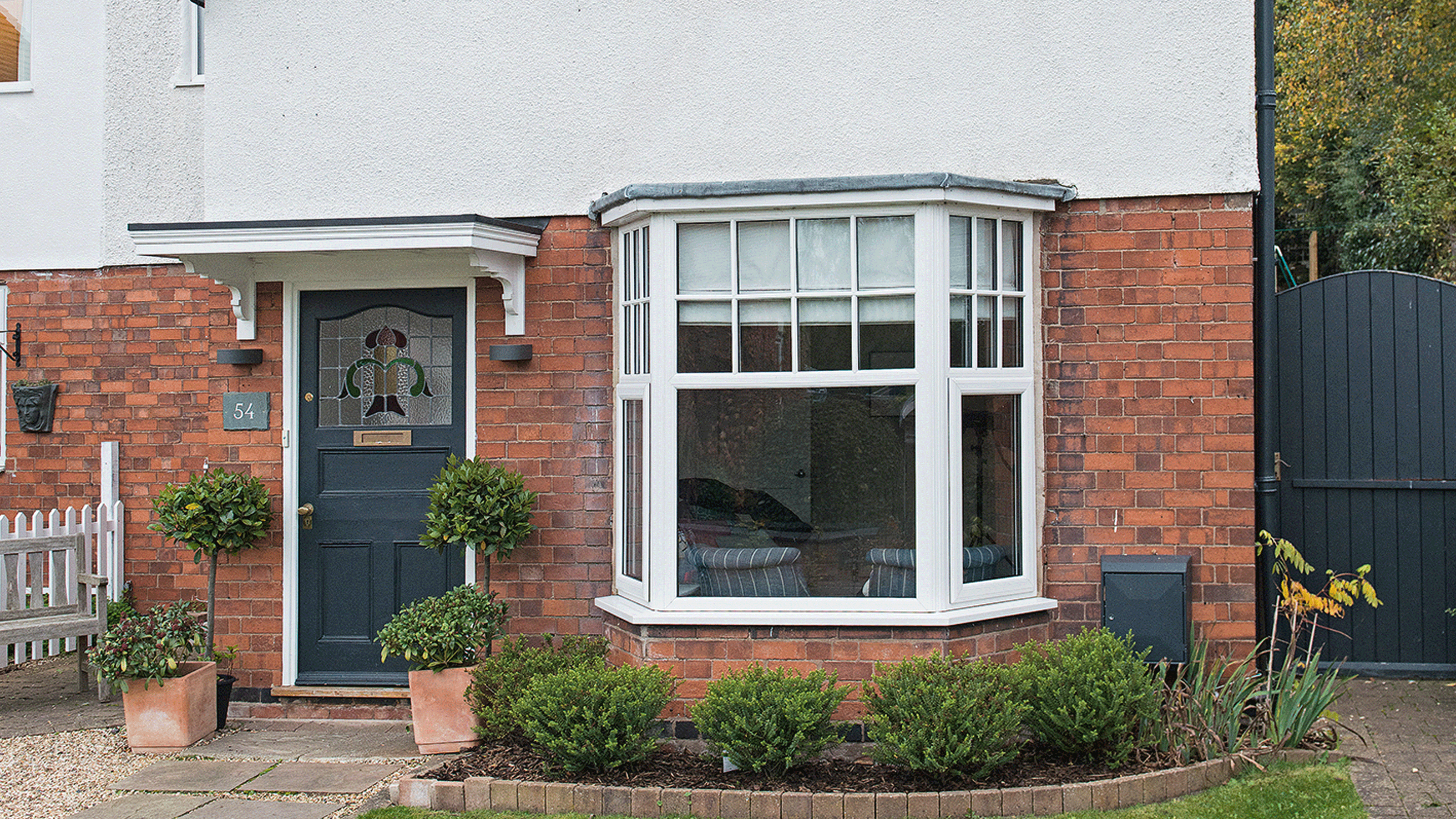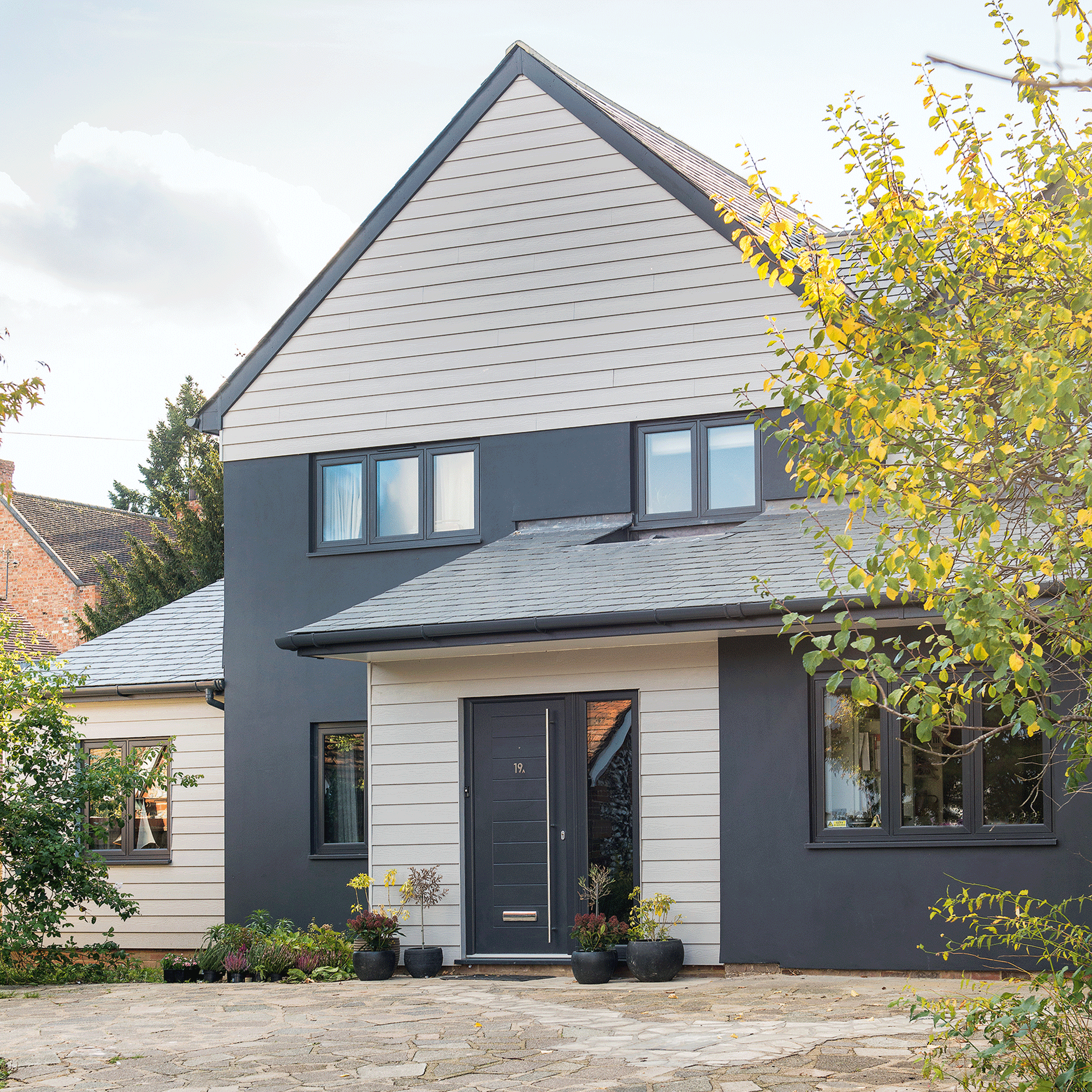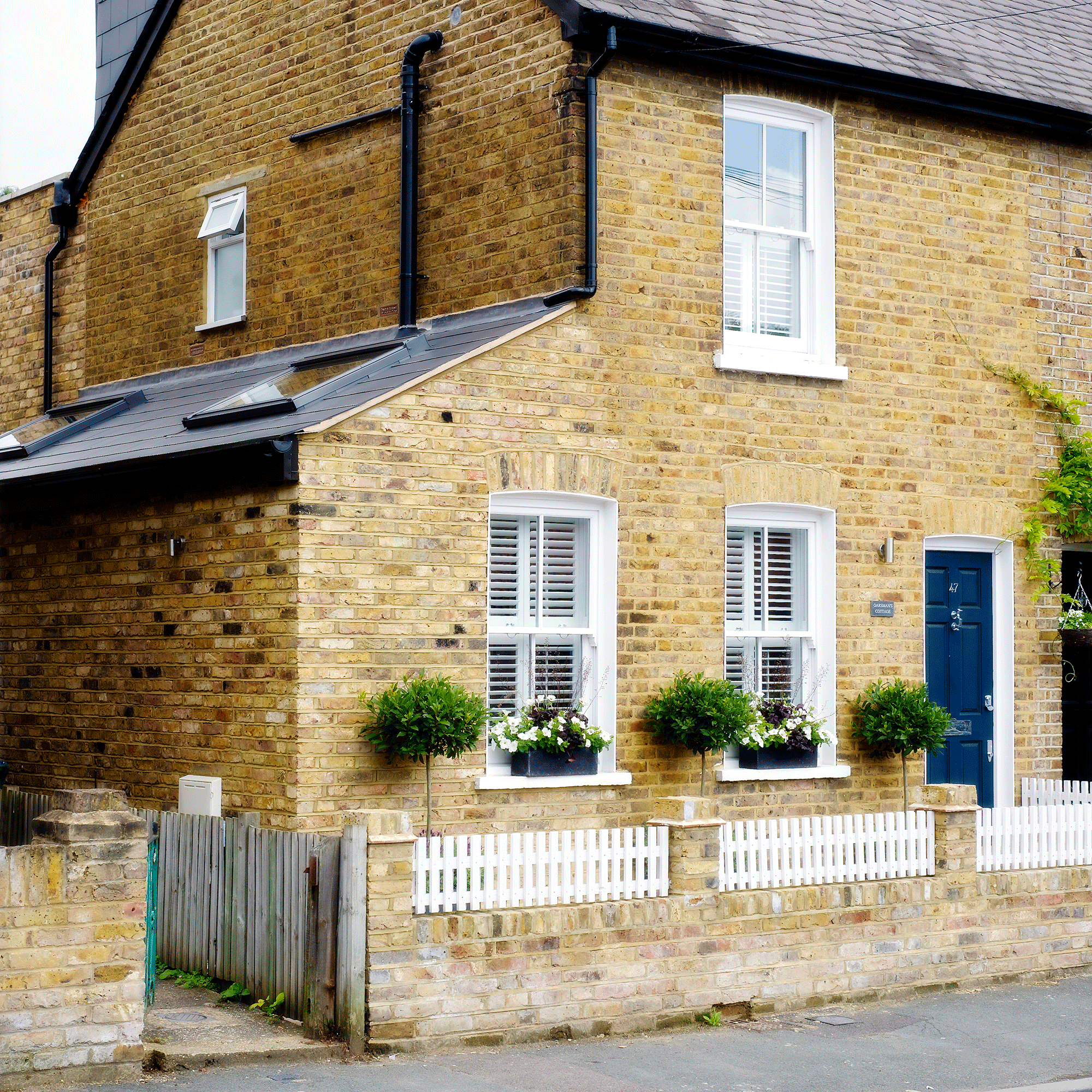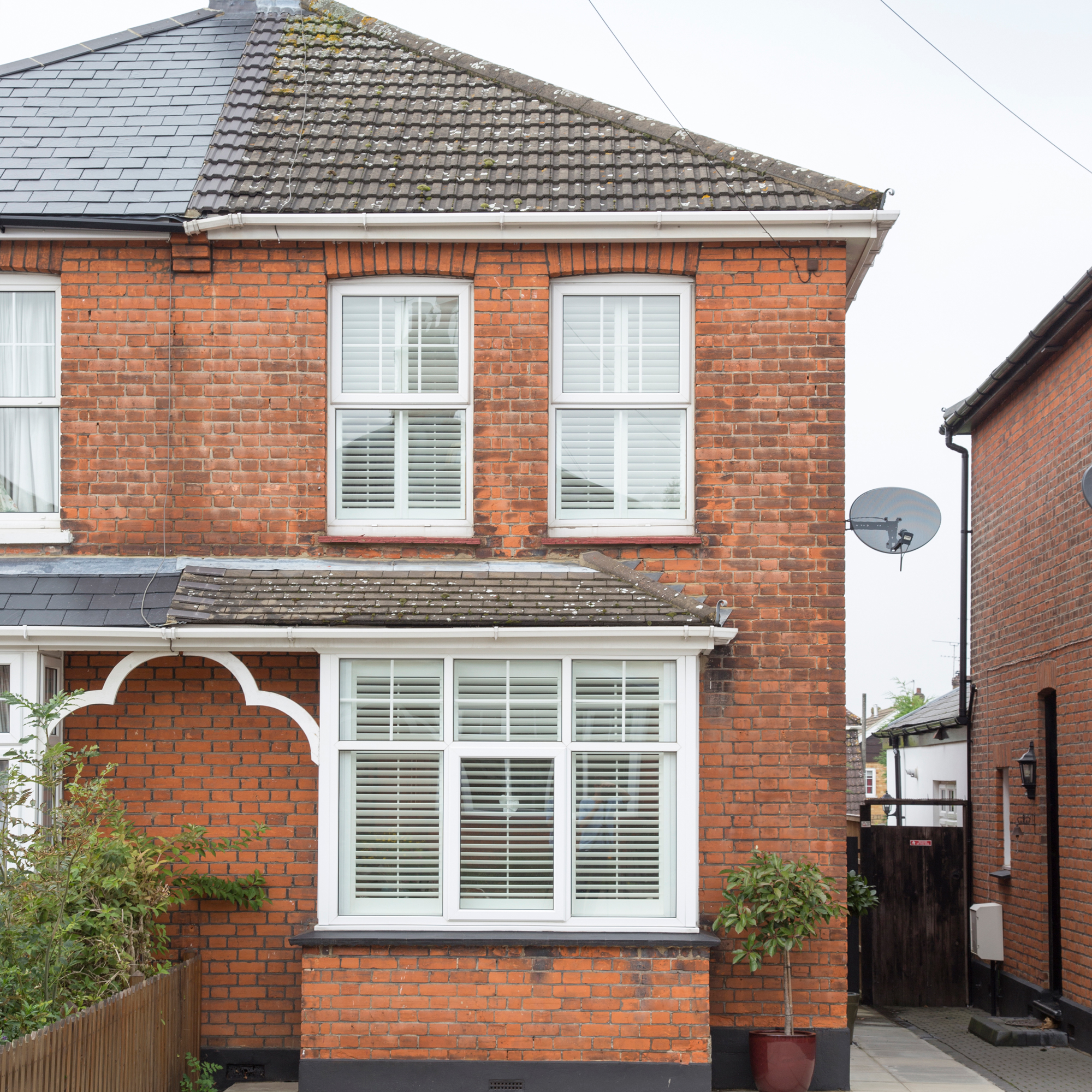How much will my mortgage go up if interest rates rise further?
With interest rates rising to combat soaring inflation, millions of homeowners will be wondering how much will my mortgage go up?

Sign up to our newsletter for style inspiration, real homes, project and garden advice and shopping know-how
You are now subscribed
Your newsletter sign-up was successful
If you’ve got a mortgage, there'll likely be one question on your mind – how much will my mortgage go up if interest rates continue to rise?
Interest rates have been climbing for months, in order to curb inflation. But this means the cost of borrowing money has been rising too. It was recently reported that Halifax bank raised its mortgage rates, which pushed the rate of some of its mortgage products past 7%.
But what does this mean for your monthly repayments and if you need to shop around for a new mortgage?

How much will my mortgage go up if interest rates rise again?
How much more you might pay will depend on the type of deal you have.
Fixed rates
Borrowers with a fixed rate mortgage will be protected from any interest rate rises until their mortgage deal ends. But if your deal ends within the next six months, you may experience a jump in your monthly mortgage payment when you choose a new fixed rate.
Here’s an example:
A borrower who took out a mortgage of £300,000 over 25 years with a 40% deposit two years ago could fix their rate at 1.49%. That would give them a monthly payment of £1,198.40.
Sign up to our newsletter for style inspiration, real homes, project and garden advice and shopping know-how
If that same borrower was looking for another two-year fixed rate now, with a mortgage of £279,000 over 23 years, they would be offered a rate of 5.42%, increasing their payment by £577.90 to £1,776.30.
Tracker rates
Tracker rates are variable rate mortgages that are directly linked to the Bank of England base rate. A mortgage lender, for example, might offer a mortgage of 1.5% above the base rate. The base rate is currently 5% so your mortgage rate is 6.5%.
Here’s an example of how much your tracker mortgage payment would go up if the base rate increases.
For this example, we're looking at a £300k tracker mortgage, which is 1.2% more than the base rate, 80% loan-to-value over a 25-year term.
| Base rate | Tracker rate | Monthly payment | Change |
|---|---|---|---|
| 5% | 6.2% | £1,576 | Row 0 - Cell 3 |
| 5.5% | 6.7% | £1,651 | £75 |
| 6% | 7.2% | £1,727 | £76 |
Discounted mortgages
A discount mortgage means your rate is set at a discount to the lender’s standard variable rate (SVR). Although SVRs are not directly linked to the base rate they are influenced by it. When the base rate rises lenders tend to increase their standard variable rates which means your mortgage rate increases too.

Why are mortgage rates linked to interest rates set by the Bank of England?
Some mortgage lenders must borrow money from bigger banks or financial institutions through so-called money markets to lend out to mortgage borrowers.
The rates offered to lenders fluctuate depending on political and economic factors and predictions of future increases or decreases in the base rate.
'Another reason mortgage rates rise when the base rate increases is because banks have to pass the rate increase onto their savers,' explains Carl Parker, national director of broker Just Mortgages.
'Some banks use savings deposits to fund their mortgage lending. If they are paying higher savings rates they have to increase mortgage rates to cover their costs and make a profit.'

What can I do to minimise the impact of rising interest rates on my mortgage?
Chris Sykes, technical director for mortgage broker Private Finance, says: 'There is no two ways about it, most people are facing interest rates that have more than doubled so the need for mortgage advice is greater than ever.'
Five-year fixed rates are currently cheaper than two-year fixes while variable rates are even lower. A mortgage broker can help you choose the best deal to suit your circumstances.
'The main ways to reduce your monthly payments are by lengthening the mortgage term or by putting some of the loan on an interest only basis,' explains Chris. An interest-only mortgage means you are only repaying the interest on your loan. But both options mean you will end up paying more interest in the long term.

Will mortgage rates go up more in 2023?
The Bank of England is expected to continue increasing the base rate as it tries to tackle inflation, currently at 7.9%. Economists are forecasting that the base rate, which is currently 5%, could rise again later in 2023.
This will mean more mortgage rate increases before the year is out. But sadly, the days of ultra-low rates are gone. 'The interest rates of the past twenty years have been lower than we’ve ever seen historically,' says Carl. 'Home buyers will have to adjust to rates of 4 or 5% as the norm moving forward.'
Samantha Partington is a personal finance journalist specialising in mortgages and the property market.
Over the past nine years, Samantha has worked for the Daily Mail, trade website Mortgage Solutions and business title Property Week. She regularly writes for national money pages including Money Mail and Sun Money and supports prop tech firms with content writing.